Whereas most of his previous works had sparked controversy due to their portrayal of violence and sexuality, this, however, did not translate into box office success for Korean director Kim Ki-duk. This changed somewhat with his 2001 feature “Bad Guy” due to audiences being interested in the movie's main actor, Cho Jae-hyun, the titular “bad guy”, as well as the director himself because of the aforementioned controversy his work had sparked. Asked about the inspirations for “Bad Guy” the filmmaker claims that “I was trying to ask […], why is it that though everyone is born the same, with equal rights and equal qualities, we are divided and categorized as we grow older”. Given his working class upbringing, Kim Ki-duk aimed to discuss the issue of class while also dealing with themes which had become common in his body of work, namely desire, repression and the nature of violence.
Buy This Title
Living a life on the outskirts of the city, earning money as a pimp and thug, Han-gi (Cho Jae-hyun) truly is a “bad guy” in every way. However, his life changes as he comes across Sun-hwa (Seon Won), a young college student with whom he falls in love with right away. While his first rather violent ways of approaching her are stopped by her boyfriend and a few bystanders, he takes part in a rather sordid scheme which sees the young woman being accused of having stolen money she cannot pay back. Thus, she is forced to work in a brothel, that, unknown to her at this point, is co-owned by Han-gi, who continues to watch her through a one-way mirror while she tries to become accustomed to her new life, a process defined by great sorrow and suffering, especially since the majority of the clients are either inebriated or violent, at times both.
Eventually Sun-hwa finds out about Han-gi being her pimp, but by then she has become a regular among the other prostitutes, with her seeming innocence making her quite popular with costumers. Nevertheless, the young woman still tries to escape several times, but is captured by Han-gi each time. As time goes by, Han-gi realizes he is not the only one who feels attracted to Sun-hwa and, what makes matters even more complicated, his feelings have made him somewhat vulnerable, which takes its toll in the conflict with a rival pimp.
Similar to other works by the director, “Bad Guy” focuses on characters living outside of society, due to their profession and their nature. From the moment he enters the screen, his dark clothing making him stand out among the crowd, Cho Jae-hyun's Han-gi is clearly marked as a person who does not belong, an impression underlined by his behavior towards Sun-hwa and the reactions this causes. Given the distinction between the two characters, the fact they are separated within society, Han-gi has to abuse and humiliate her in order to make her part of his world. Kim Ki-duk and cinematographer Hwang Chul-hyun highlight the differences between these two worlds within society, the fact they are closely connected somehow, perhaps even dependent on one another, but also how the members of both worlds pay attention to stick to their word and thus their kind. In some way, Han-gi's encounter with Sun-hwa and his reaction is a kind of trespassing into a world where he does not belong, evoking emotions which not only change him but set him apart from the world he originally belongs to.
Abuse, violence and sexuality play an important part within the narrative, as an indicator of the world the “bad guy” belongs to, but also as a means of expression. Like so many characters within the director's body of work, Han-gi stays silent throughout most of the film, showing his feelings mostly through violent actions and emphasizing his nature as the “bad guy”. While believable psychology is not exactly the narrative's strong suit, especially when it comes to explaining the blossoming connection between Han-gi and Sun-hwa, it, nevertheless, emphasizes how violence has become an accepted way of expression in the world of the “bad guys” whereas other emotions are repressed or become bottled up inside. The violation of the body is integral when it comes to the suspension of emotional distance and thus a change within yourself – an abstract, yet quite fascinating portrayal of the dynamics of longing and love.
In the end, “Bad Guy” is a drama about violence, social class and the possibility to change one's life. While the controversy around his persona has clouded the reception of his work for some, no one can deny the provocative nature of Kim Ki-duk's feature, a story which is both abstract and repulsive as it is fascinating, pointing at issues within our modern world and how we have come to accept labels such as “bad guy”.


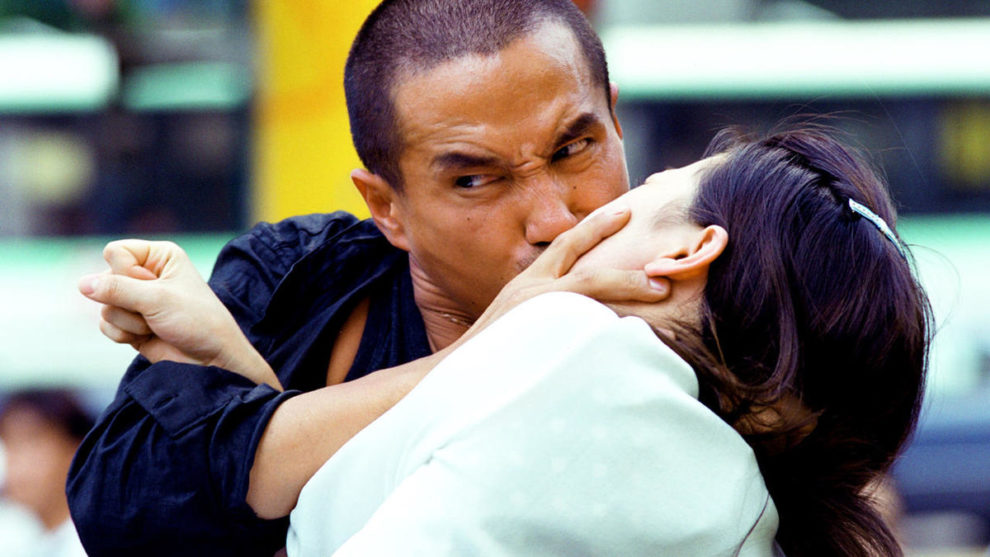

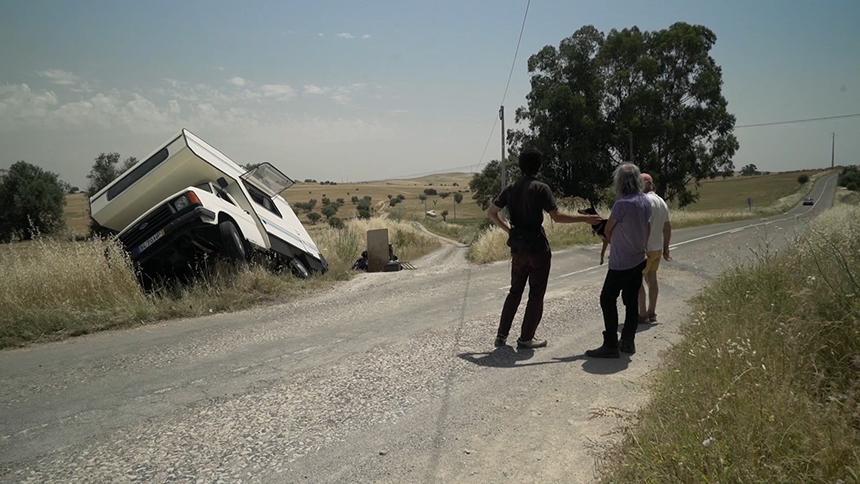
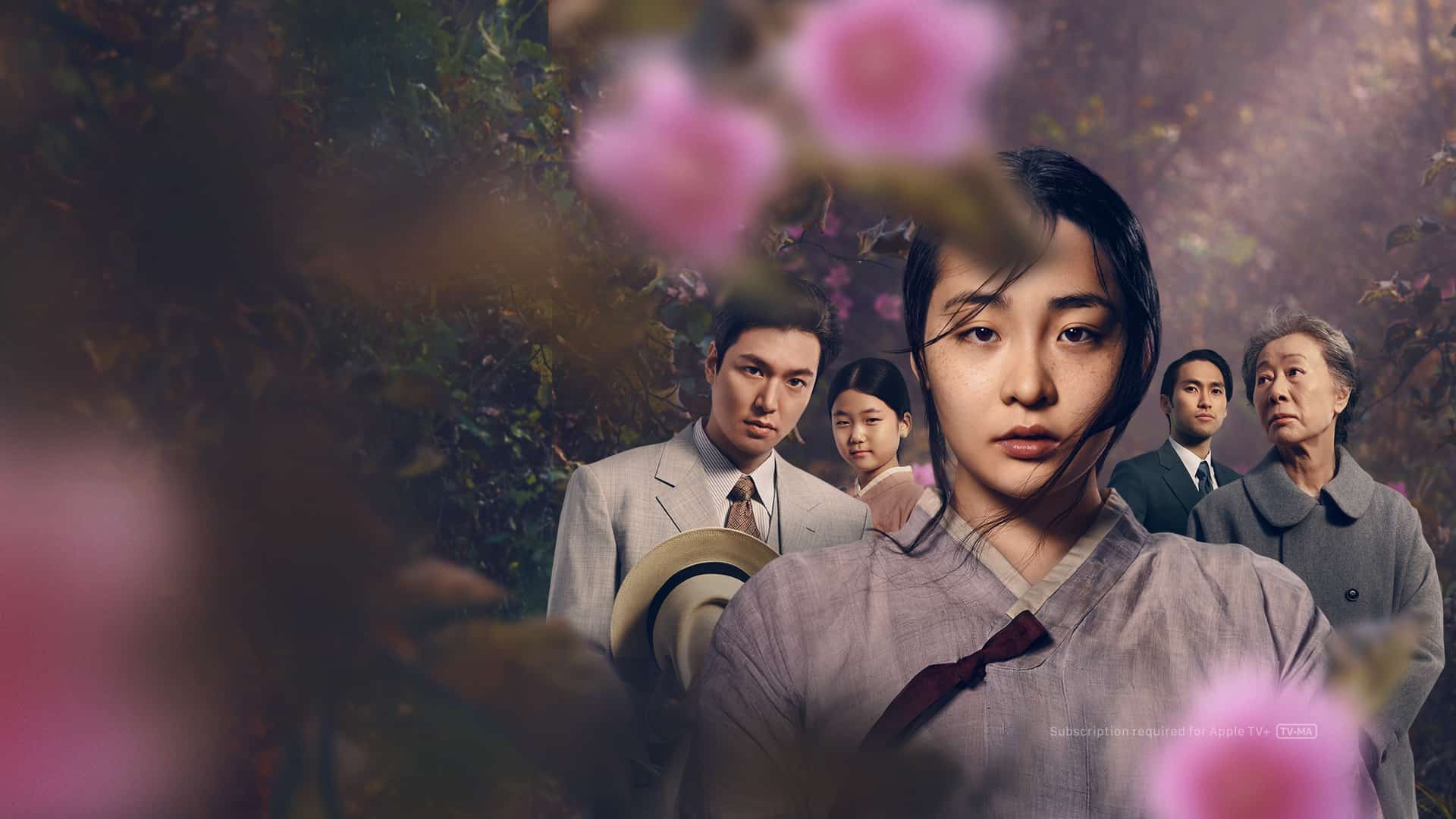
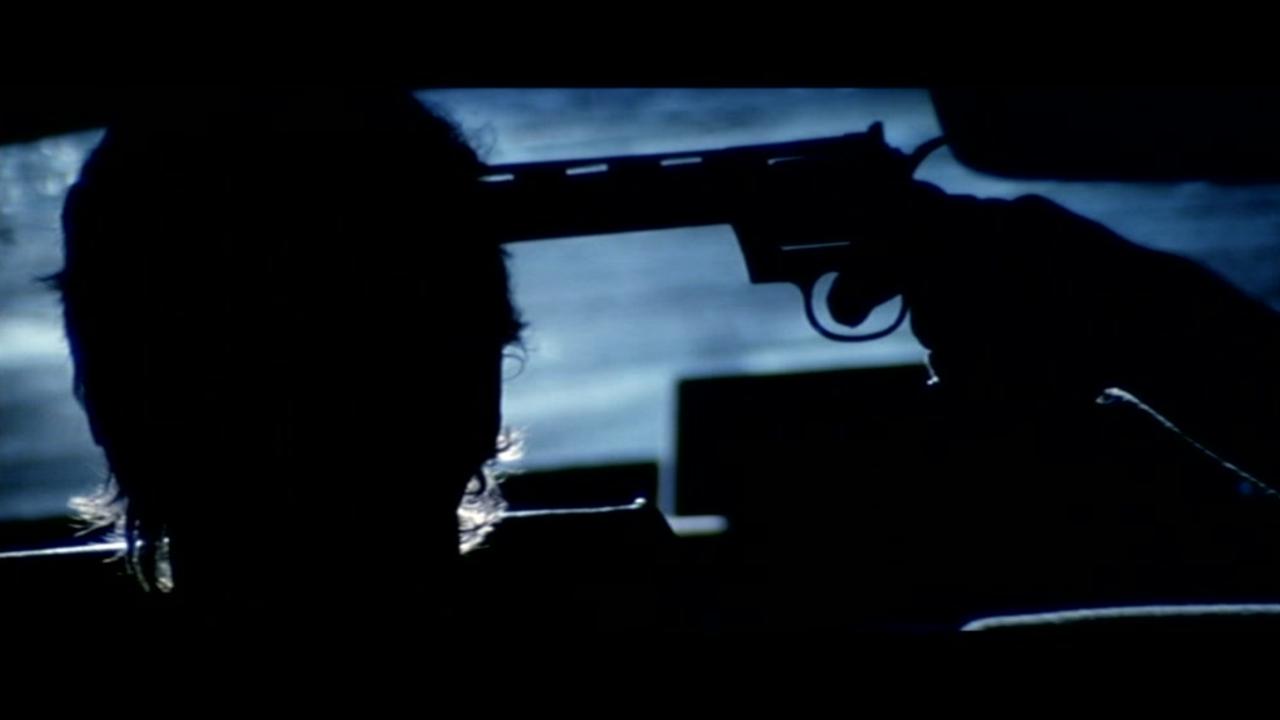
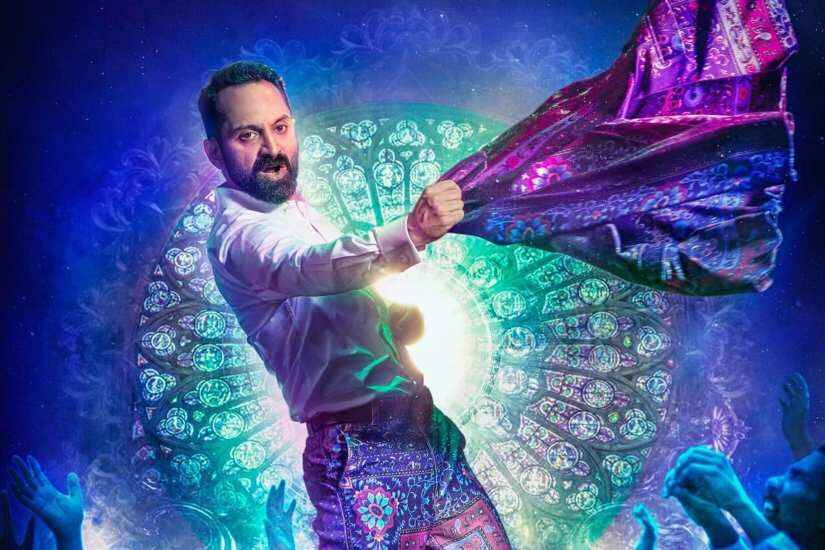
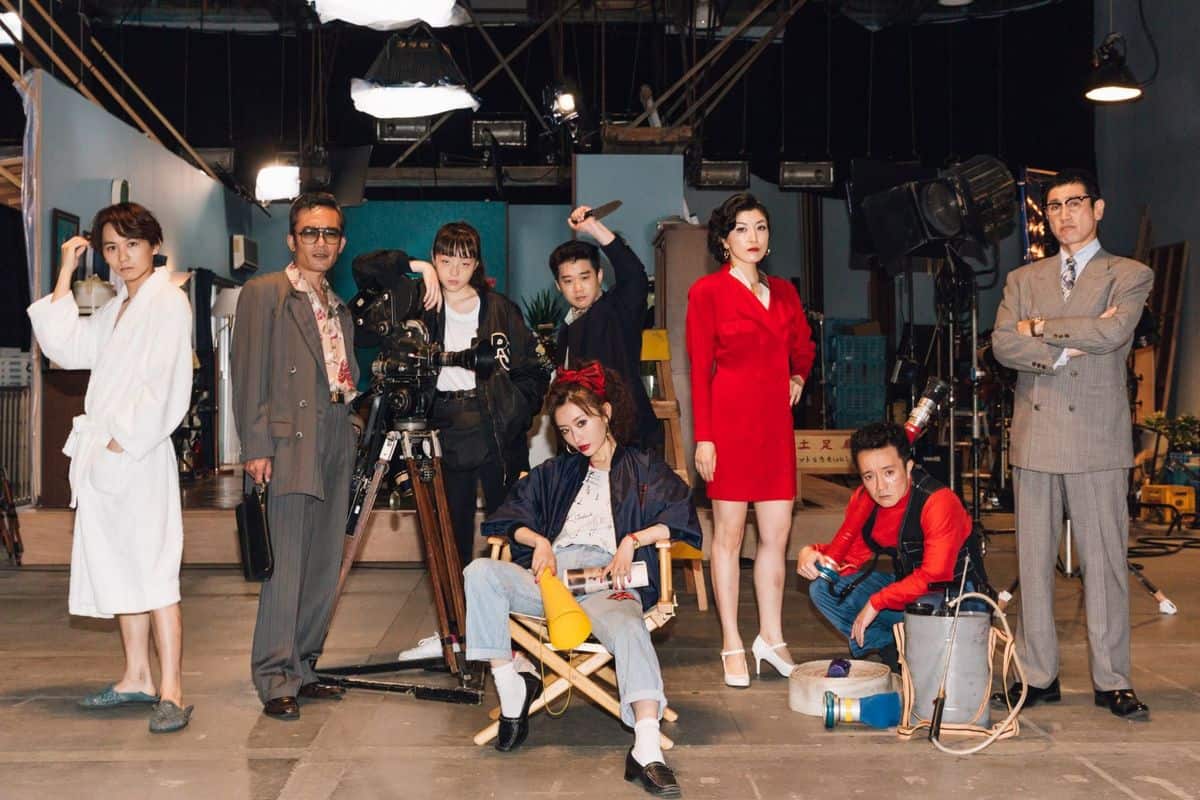
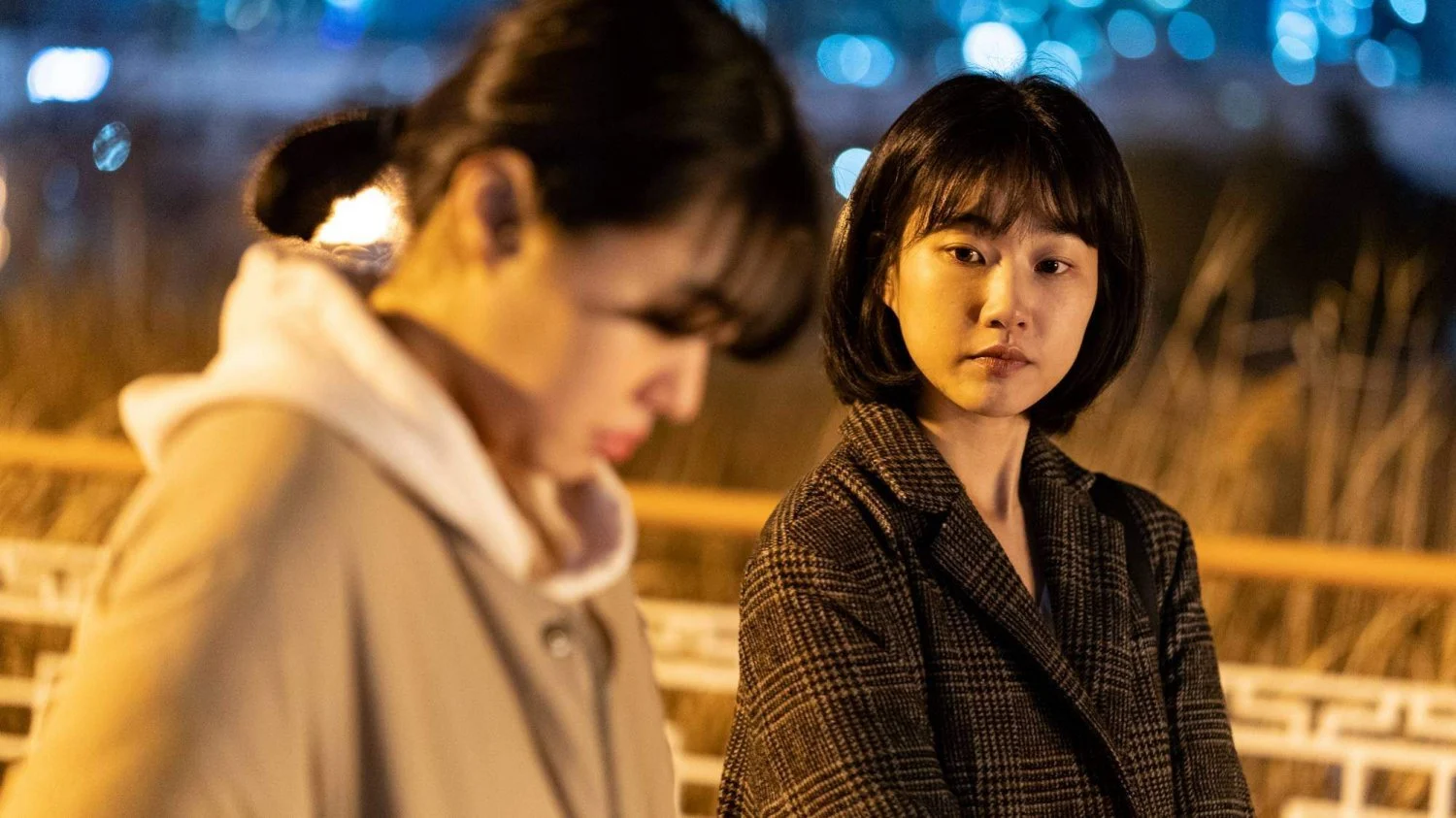







Watched all his movies online after he passed away. Found out that all his movies are fascinating, and Kim ki-duk is such a genius director! So regretful that Kim ki-duk has left us and made no more movie. May he rest in peace. “Bad Guy” is my most favorite movie!
He was a great filmmaker…
I dare admit it. My second Ki-duk Kim movie (after Crocodile). Don’t ask me why.